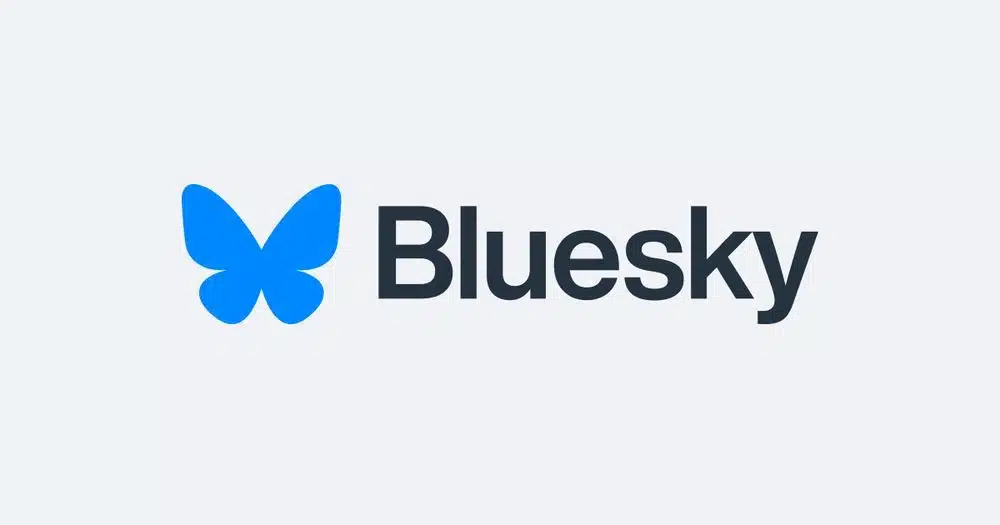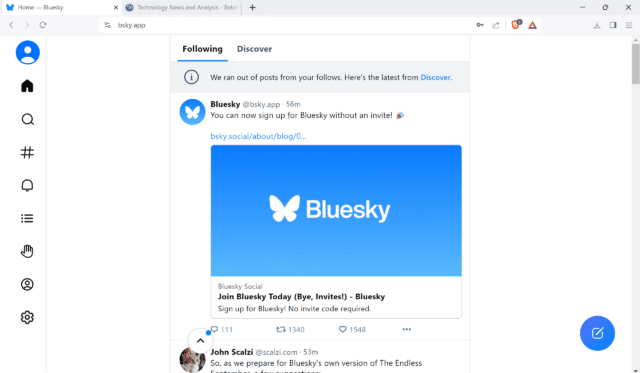X (Twitter) alternative BlueSky opens sign-ups for everyone

If you always wanted to sign-up for the X (Twitter) alternative BlueSky but never managed to get your hands on an invite code, you will be glad to hear that these codes are no longer required to create an account.
The social media service, which managed to grow to over 3 million users already, is now available for everyone. The number of users pales in comparison to the 130 million that Meta's Threads managed to accumulate, but it is more than Mastadon's 1.8 million.
Just visit the official BlueSky website or install the official app on your mobiles to get started. The first thing you need to do is hit the create account button. Registration requires entering a valid email address, password, and birthday. You also need to hand over a phone number, as BlueSky uses SMS verifications.
Type the six digit code that the service sends to your mobile to verify the account and get started right away.
Note that you could access BlueSky posts for about a month without an account.
BlueSky aims to become the better Twitter

BlueSky describes itself as an "open social network" that provides an "easy-to-use experience for users". The company used the invite system to manage its growth while working on and adding new features to the service.
It should not come as a surprise that BlueSky's interface looks very similar to that of X. One reason for that is it is funded by Twitter co-founder Jack Dorsey.
You can post messages using your account, follow users, reply to posts, like posts and do many of the things that you can do on X as well.
Posts by the people and organizations you follow land in your feed. The more users and organizations you follow, the more posts you will see in your feed.
BlueSky may look like X in many regards, but there are differences. One core difference is that BlueSky's foundation is a decentralized infrastructure and that its code is open source.
Closing Words
The opening of the floodgates should give BlueSky a much needed user push. It remains to be seen if the company can manage to keep users on the platform. This is something that Meta's Threads had difficulties with in the recent past.
Now You: do you use any of the new social messaging platforms?
